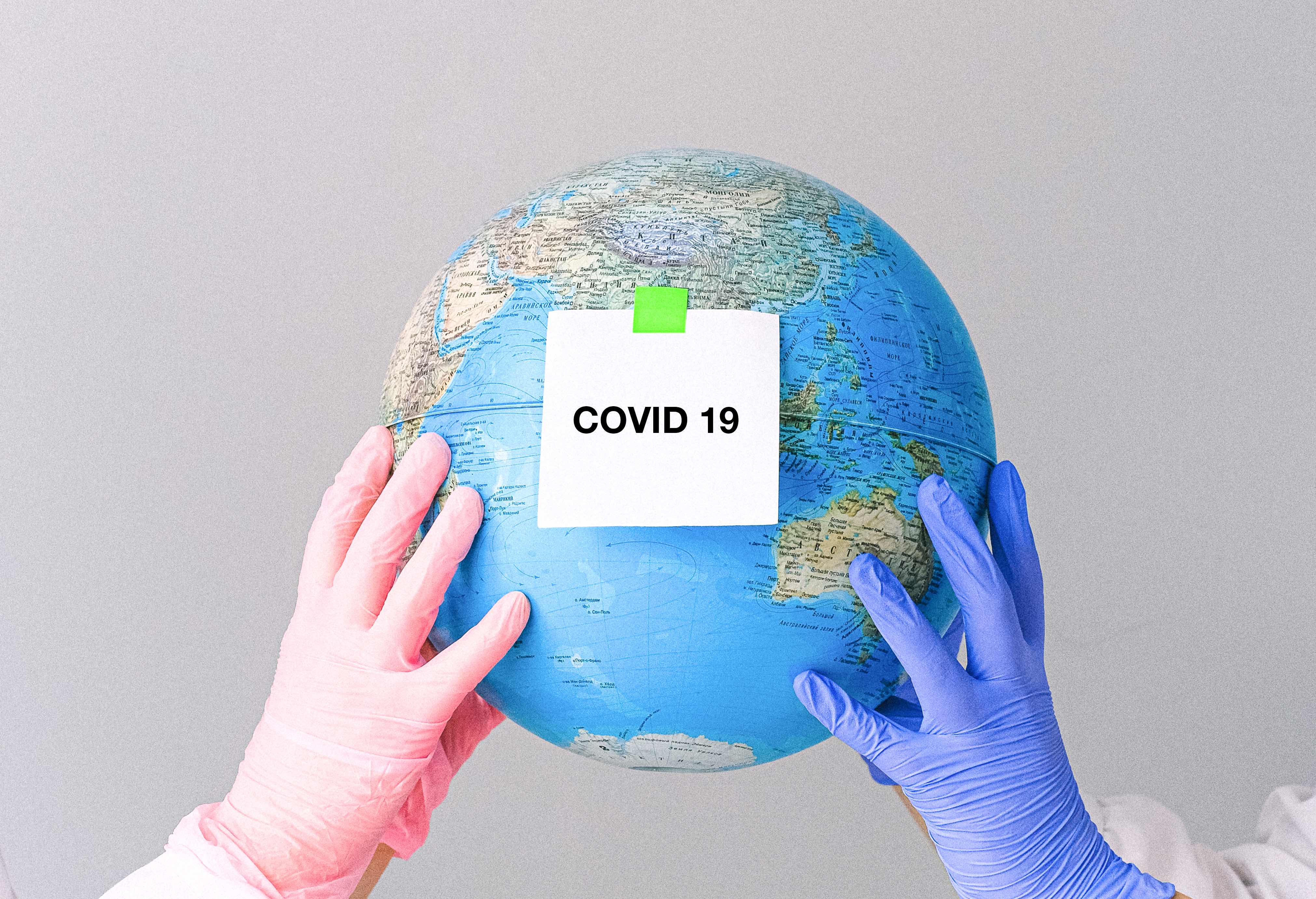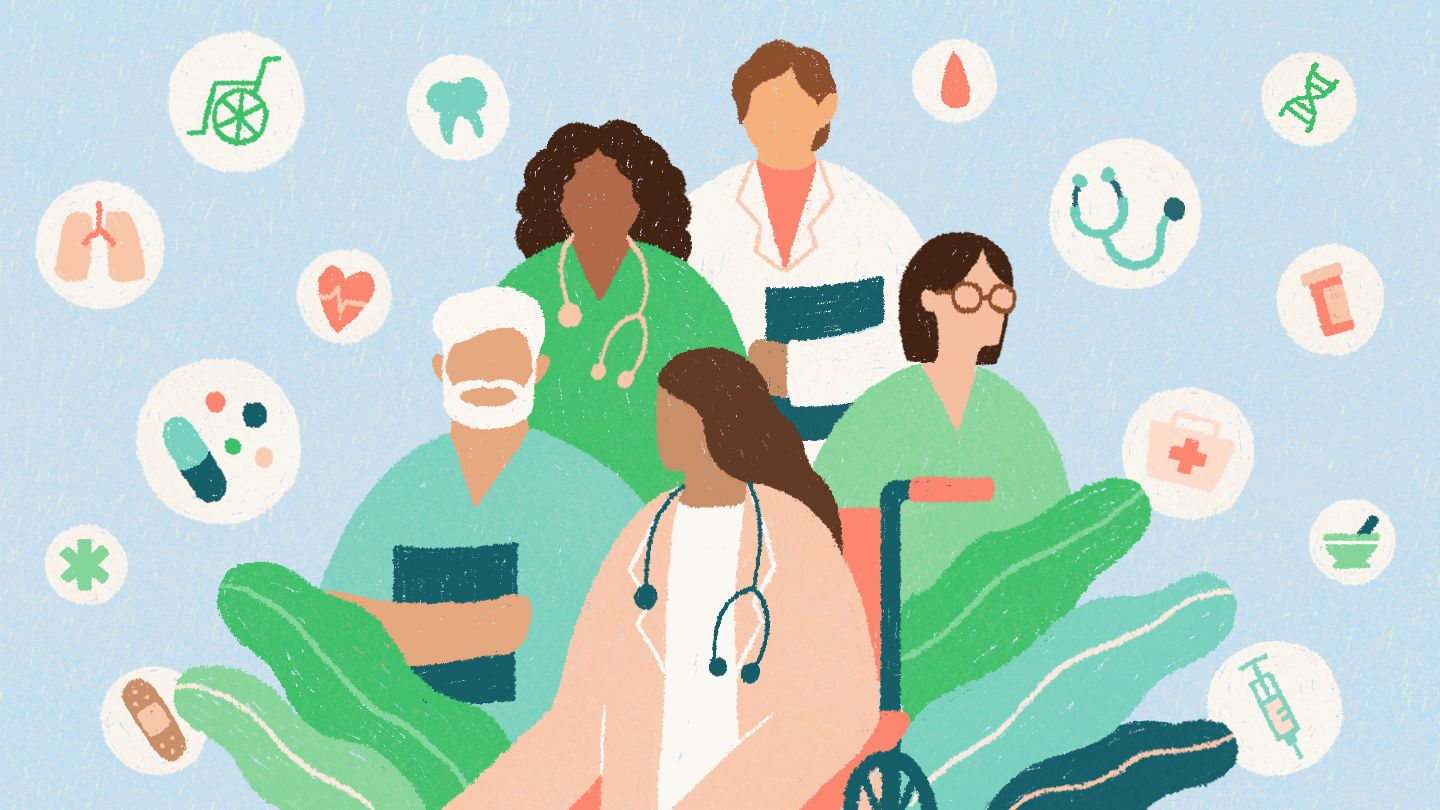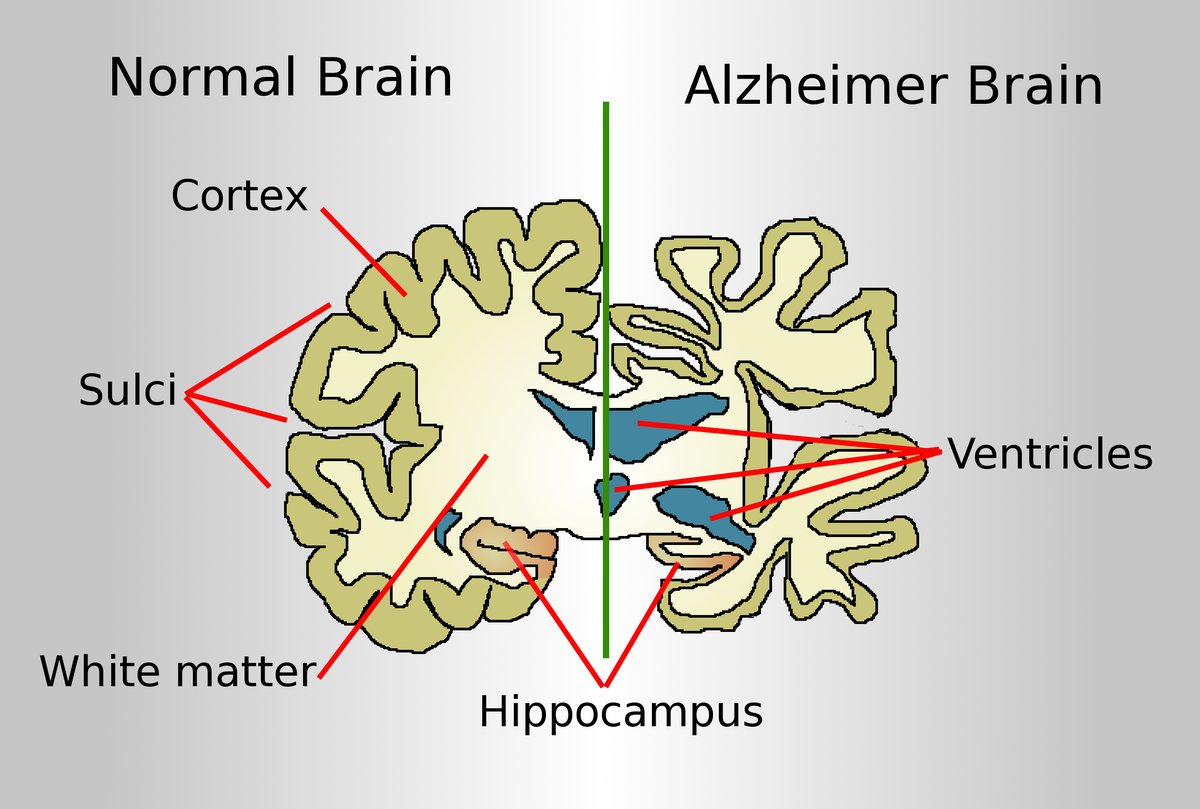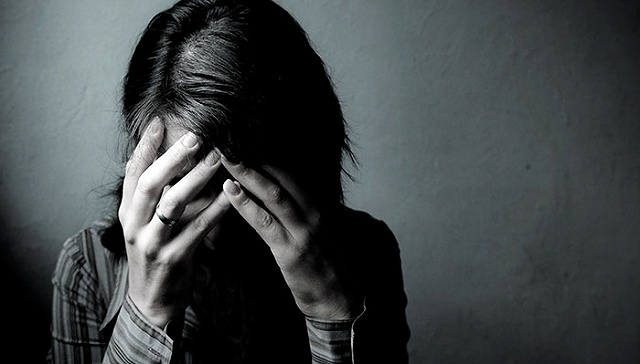Staying healthy while living at home: mental health
Staying healthy while living at home: mental health

Taking care of our mental health
As countries take steps to limit population movements to reduce the number of people infected with COVID-19, more and more of us are making dramatic changes to our daily lives.
The new realities of working from home, temporary unemployment, home schooling of children, and lack of physical contact with other family members, friends and co-workers will take time to adapt. Adapting to such lifestyle changes and managing the fear of contracting a virus and worrying about those who are particularly vulnerable around us is a challenge for all of us. This can be particularly difficult for people with mental health conditions.
Fortunately, there is much we can do to take care of our own mental health and to help those who may need extra support and care.
Here are some suggestions to help you.
Stay informed. Listen to national and local authorities for advice and recommendations. Follow trusted news channels, such as local and national TV and radio stations, and keep up to date with information from WHO on social media.
Establish a routine. Keep a daily routine or create a new one whenever possible.
Wake up and go to bed at the same time every day.
Maintain personal hygiene.
Eat healthy foods regularly.
Exercise regularly.
Delineate a time for work and rest.
Make time for the things you enjoy.
Reduce your news supply. Try to reduce the number of times you watch, read or listen to news that makes you feel anxious or distressed. If necessary, seek out the latest information only once or twice at specific times of the day.
Social contact is important. If movement is limited, stay in regular contact with friends and family via phone and online channels.
Alcohol and drug use. Limit the amount of alcohol you drink, or don’t drink at all. Don’t start drinking if you haven’t done so before. Avoid using alcohol and drugs as a way to cope with fear, anxiety, boredom, and social isolation.
There is no evidence that drinking alcohol has any protective effect against viruses or other infections. In fact, quite the contrary, harmful use of alcohol can increase the risk of infection and lead to worse treatment outcomes.
And be aware that alcohol and drug use may lead to an inability to take adequate precautions to protect yourself against infection, such as observing hand hygiene.
Screen time. Be aware of the amount of time you spend in front of a screen each day. Make sure you take regular breaks during screen use.
Video games. While video games can be used as a way to relax, you can’t help but spend more time on them when you stay at home for long periods of time. Be sure to maintain the right balance in your daily life.
Social media. Use social media accounts to promote positive and hopeful stories. Correct misinformation whenever and wherever you can.
Help others. If you are able, provide support to people in your community who may need help, such as helping them buy food.
Support health workers. Take the opportunity to thank your country’s health care workers and all those who are working to respond to the COVID-19 outbreak, either online or through your community.
Don’t discriminate
Fear is a normal reaction when faced with uncertainty. However, sometimes fear is expressed in ways that can hurt others. Remember.
Be kind. Don’t discriminate against others because you are afraid of COVID-19 transmission.
Don’t discriminate against people who you think may be carrying the coronavirus.
Don’t discriminate against health workers. Health workers deserve our respect and gratitude.
COVID-19 has affected people in many countries, do not attribute it to any particular group.





